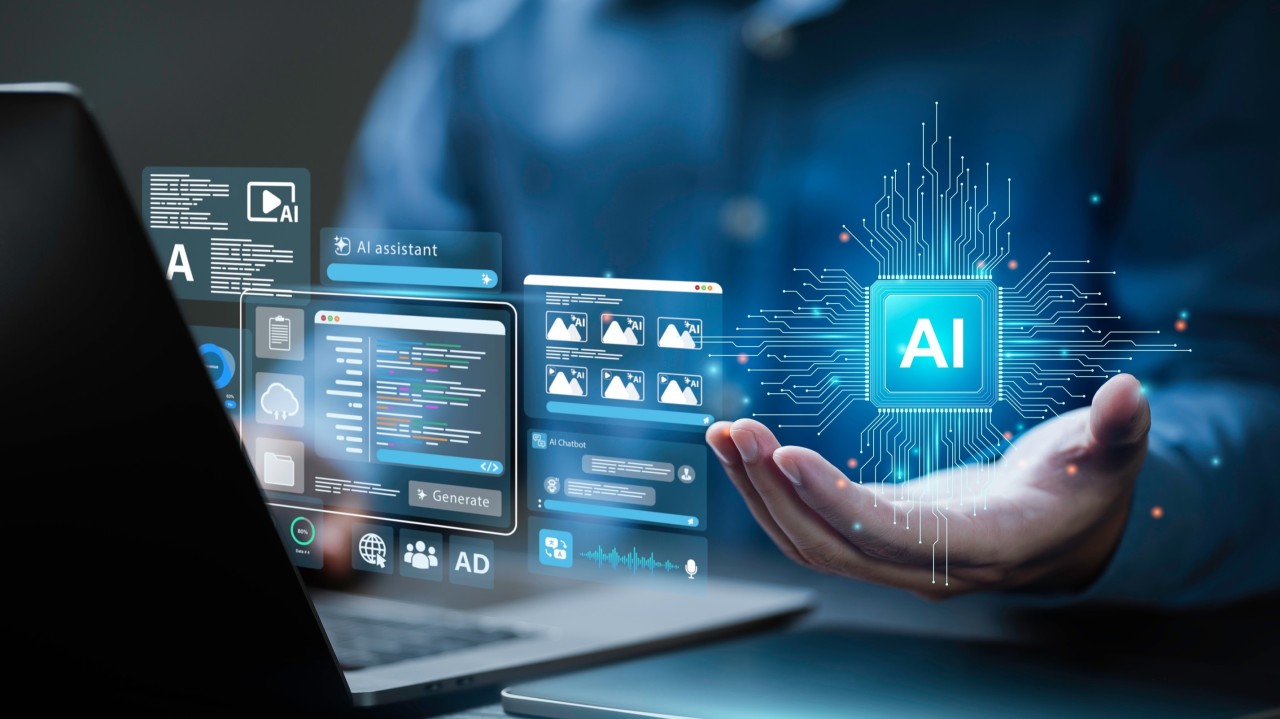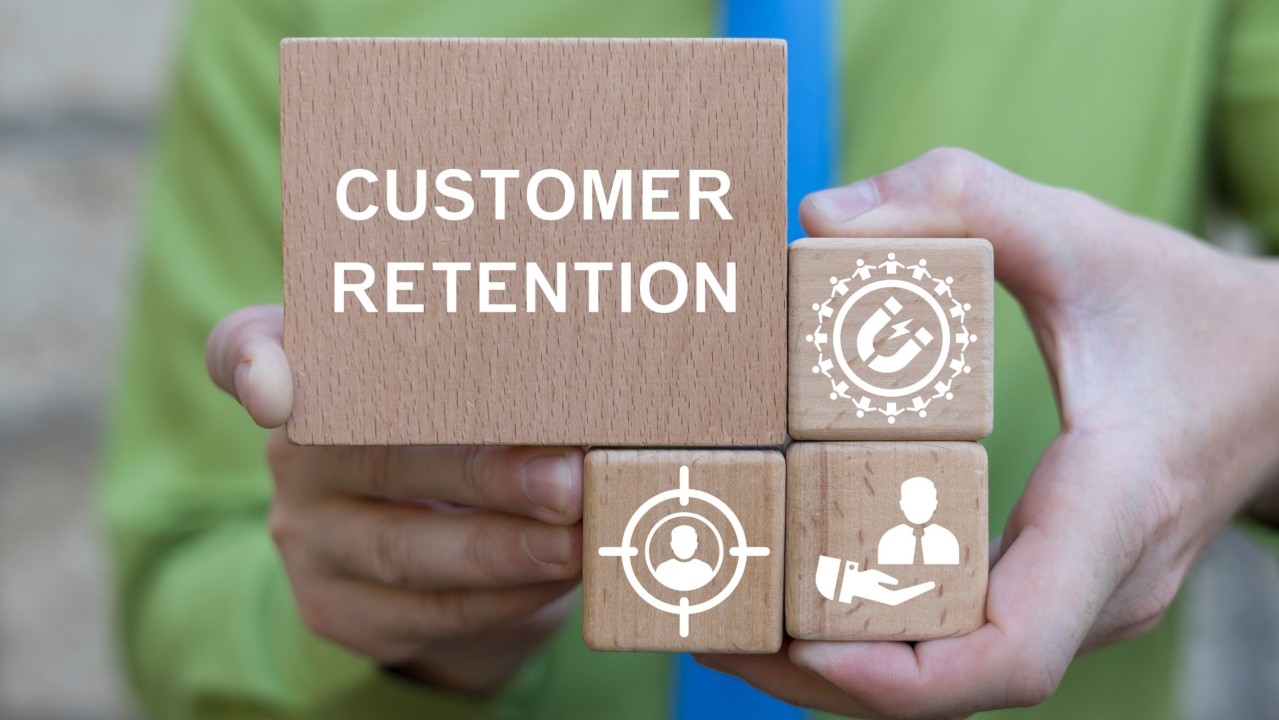News
Content Personalisation at Scale: How AI is Transforming Digital Experiences
Artificial Intelligence (AI) has emerged as a pivotal force in reshaping how businesses approach content personalisation, enabling them to deliver tailored digital experiences at an unprecedented scale.
This article delves into the mechanisms through which AI is transforming digital marketing, the challenges encountered, and the remarkable benefits it heralds for both businesses and consumers.
The Evolution of Personalisation in Digital Marketing
Traditionally, personalisation in digital marketing was limited to incorporating basic user information like names in email greetings or recommending products based on recent purchases. However, as digital platforms evolved, so did the expectations of consumers, who now seek highly customised experiences that reflect their preferences, behaviours, and even anticipated needs.
The introduction of AI into this landscape has been transformative. By leveraging complex algorithms, data analysis, and machine learning, AI systems can now predict user behaviour, automate content creation, and dynamically adapt marketing messages to individual users in real time.
How AI Powers Content Personalisation
1. Data Analysis and Predictive Modelling
At the heart of AI-driven personalisation is the ability to analyse vast amounts of data quickly and accurately. AI algorithms sift through data points from various sources such as website interactions, social media activity, and past purchases to build detailed user profiles. According to a study by the Data & Marketing Association, 58% of UK marketers reported that using AI in data-driven marketing significantly enhanced customer engagement.
Predictive models can then forecast future behaviour based on these profiles, allowing marketers to tailor content that resonates with individual preferences and likely actions. This capability not only enhances user engagement but also optimises marketing resources by targeting users with the highest conversion potential.
2. Real-Time Personalisation Engines
Real-time personalisation engines use AI to adjust the content a user sees on a website or app instantly based on their interactions. This technology is particularly effective in ecommerce, where product recommendations can be dynamically adjusted based on browsing behaviour or items added to a shopping cart. A report by Adobe found that websites utilising AI-driven real-time personalisation saw up to a 30% increase in conversion rates.
3. Automated Content Creation
AI’s role extends beyond analysis and into content creation. Natural Language Generation (NLG) tools are now sophisticated enough to produce readable, engaging content for various formats, from product descriptions to news articles. This automation enables marketers to maintain a consistent and timely content output, crucial for SEO and customer retention.
Challenges in AI-Driven Personalisation
Despite its benefits, the deployment of AI in personalisation is not without challenges. Privacy concerns are at the forefront, with users increasingly wary of how their data is used and stored. The General Data Protection Regulation (GDPR) imposes strict rules on data usage, and businesses must ensure compliance while still leveraging data for personalisation.
Additionally, the initial investment in AI technology can be substantial, both in terms of financial outlay and the time required to train systems effectively. There’s also the risk of creating a ‘filter bubble’ where users are only exposed to content that aligns with their existing beliefs and interests, potentially limiting the diversity of their digital experiences.
The Future of AI in Digital Marketing
Looking forward, the integration of AI in digital marketing is set to deepen. Advances in AI technologies, like improved natural language understanding and more sophisticated predictive models, will enhance the accuracy and effectiveness of personalisation strategies. Furthermore, as 5G technology becomes more widespread, the increased data speeds and connectivity will enable more complex, real-time interactions to be personalised, enriching the user experience even further.
AI’s role in transforming digital experiences through content personalisation is profound and multi-faceted. By enabling personalisation at scale, AI not only improves the efficiency of marketing campaigns but also significantly enhances user satisfaction. As technology evolves, so too will the capabilities of digital marketers to predict, understand, and fulfil the ever-changing desires of their audience, marking a new era in digital engagement that is both exciting and, importantly, user-centric.





The Ultimate Social Media Guide
With the ever-growing power of social media, we use the latest techniques, video, and animation software to craft eye-catching social media assets that make your brand pop. Our designers, wielding Adobe Creative tools, create distinctive animations and graphics to illuminate your brand story and highlight your products or services. Want a unique design? No problem – we also offer bespoke designs to match your brand aesthetic.